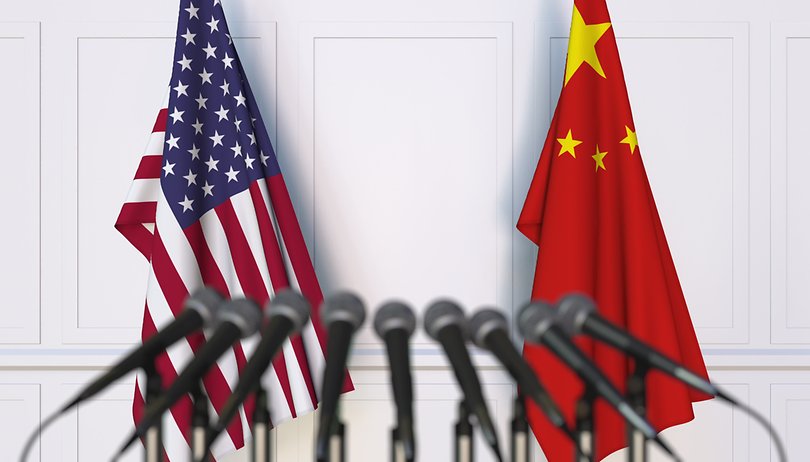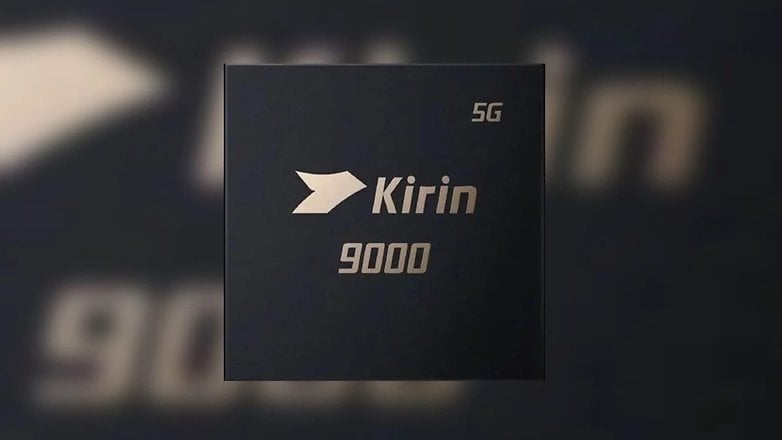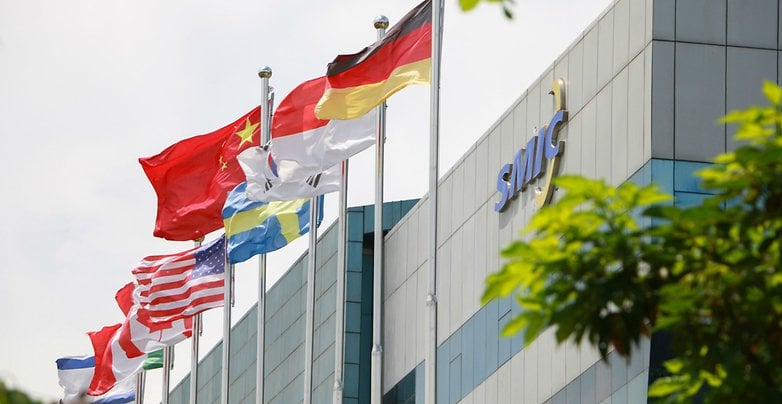USA x China semiconductors embargo explained


A few days ago, the United States Government announced further restrictions on selling equipment to Chinese-owned companies. Different from past embargoes, such as the one applied against Huawei and other device and processor companies, the latest round seems to target suppliers to the Chinese military, but it could have a direct impact on the consumer goods we buy.
The previous round of trade restrictions effectively killed Huawei's chances in some key markets such as the smartphone one, and imposed harsh penalties on its booming network division—responsible for selling 5G base stations, for example. Now, Joe Biden's government seems decided to have the same thing happening to the Chinese military, whose capacity to acquire advanced microprocessors and memory chips will be restricted if everything happens according to the US Department of Commerce's plans.
Besides restricting Huawei's usage of Google's core GMS apps (Google Maps, YouTube, Gmail, etc), Donald Trump's decision back in 2019 restricted the Chinese company's ability to produce its most advanced processors—the HiSilicon Kirin series—by prohibiting the company to trade with Taiwan's TSMC.

Likewise, the newest restrictions force US-based entities to stop supplying semiconductor manufacturing equipment to Chinese-owned companies or request a special license to do so. The list of impacted companies includes LAM Research and KLA, which supply high-tech equipment used to produce processors and memory chips.
The restrictions apparently even apply to foreign companies that manufacture their wares in Chinese territory, with South-Korean SK Hynix announcing plans to apply for an export license. While TSMC and Samsung received a one-year exemption.
Everyone can be impacted
That uncertainty has the potential to reach not only the target Chinese military but also the consumer goods market in the medium term. While advanced equipment will be potentially available for companies outside of China, manufacturing costs could increase due to smaller competition. And that doesn't take into account the fact that semiconductor factories take years to build, calibrate, and start supplying goods.
And the fact that PRC-owned companies won't be able to legally acquire equipment and components, doesn't mean they won't try to get them indirectly, similar to what reportedly happened with the leading Chinese foundry, SMIC, which stockpiled materials before Trump's orders.
Although still lagging behind rivals TSMC, Samsung Foundry, and Global Foundries, SMIC managed to improve its manufacturing processes despite the trade restrictions. Bloomberg reported earlier this year that the Chinese foundry started shipping 7nm-level processors, closing the gap with its foreign competitors.

It remains to be seen whether the new restrictions will manage to stop SMIC's roadmap, without blocking the shipment of other companies' components to the west, which could lead to a supply bottleneck as reported by Reuters.
Me and you
At first glance, the restrictions should not affect the production (and prices) of SoCs like those used in smartphones. What remains to be seen is whether the embargo application will affect the memory market (both RAM and NAND storage), and that can influence not only smartphones but every electronic device we use in our everyday lives.
Some analysts were predicting a considerable drop in memory prices in the near future, but with Chinese production under restrictions, the lower supply could lead to lower price drops and even price increases for electronics in general.
Besides that, the timing of the restrictions adds another level of uncertainty, as the high demand for semiconductors during the COVID pandemic seems to have slowed down enough to cause a sharp drop in demand and in the revenue forecast for companies like AMD and Intel, among others. And that's not even mentioning the words "inflation" and "energy prices", which also point to a bleak scenario for the foreseeable future.
And despite all that, not even the American government is certain the restrictions placed will cripple the Chinese military in the long term, with calls to other western governments to impose similar sanctions on Chinese-owned companies.
What do you think? Will China be able to procure components through other means? Do you think the restrictions will be enough to stop the Chinese to develop its domestic semiconductor industry? Share your opinions in the comments below.

















